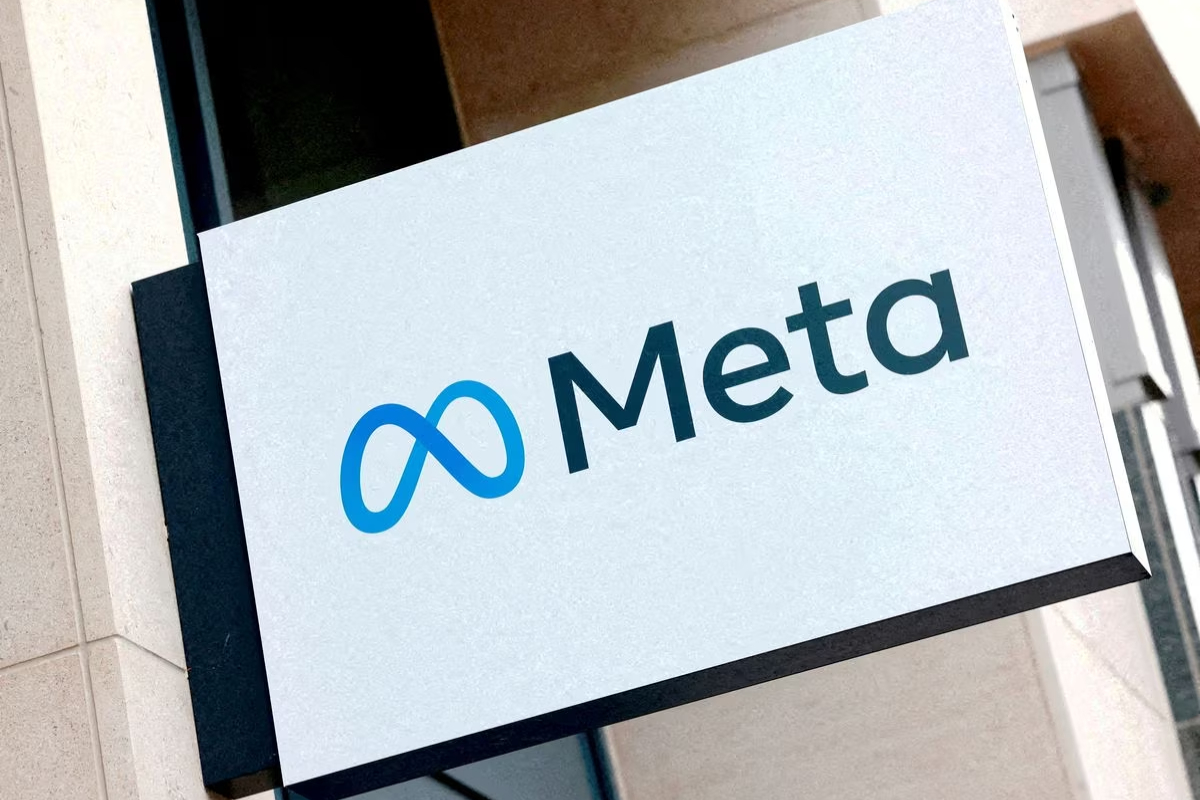NEW YORK: Meta, the parent company of Facebook, announced on Friday the release of several new AI models from its research division, including “Self-Taught Evaluator” that could reduce the need for human involvement in AI development.
The Self-Taught Evaluator, first introduced by Meta in a paper published in August, utilizes the same “chain of thought” method found in OpenAI’s recently released o1 models. This method breaks down complex problems into smaller, logical steps, which improves the accuracy of responses in areas like science, coding, and math.
Meta’s team trained the evaluator model entirely on AI-generated data, eliminating human input during that stage. This development hints at the potential of creating autonomous AI agents capable of learning from their own mistakes, according to two of Meta’s researchers who spoke to Reuters.
Such self-improving AI agents could one day operate as digital assistants, able to perform a wide range of tasks without human intervention. These models could also eliminate the current need for Reinforcement Learning from Human Feedback (RLHF), a process that relies on expensive, specialized human annotators to verify answers to complex queries.
“We hope, as AI becomes more and more super-human, that it will get better and better at checking its work, so that it will actually be better than the average human,” said Meta researcher Jason Weston.
“The idea of being self-taught and able to self-evaluate is basically crucial to the idea of getting to this sort of super-human level of AI,” he added.
While other companies like Google and Anthropic have explored the concept of Reinforcement Learning from AI Feedback (RLAIF), Meta stands out by releasing its models for public use, a move not typically made by its competitors.
In addition to the Self-Taught Evaluator, Meta also rolled out updates to its image-identification Segment Anything model, a tool that accelerates LLM response generation times, and datasets designed to assist in discovering new inorganic materials.
[embedpost slug=”/apple-unveils-visionos-2-1-beta-6-with-enhanced-performance/”]



















